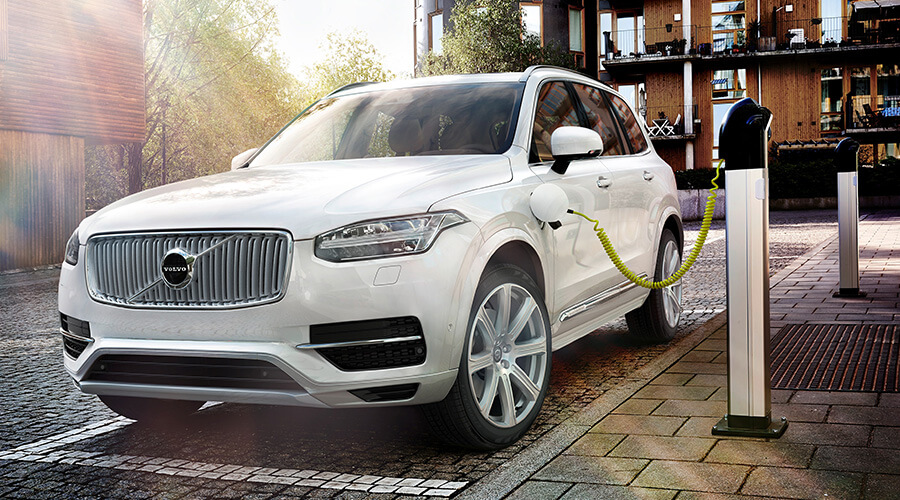The recent Shanghai auto show saw announcements from car-makers including General Motors (GM), Ford, Volkswagen and Toyota on their future electric vehicle plans in China.
It is estimated that some 350,000 ‘new energy’ vehicles (as the Chinese refer to electric cars) were sold in China last year, an amount that accounts for about half of the global electric vehicle sales.
GM plans to launch at least 10 electric and plug-in hybrid vehicle models in China by 2020, and to begin production of electric vehicles there within two years.
Ford plans to market its first hybrid vehicle in China next year and says that by 2025 some 70 per cent of all Fords on sale in China will have electric options.
Volkswagen has announced plans to begin production of an electric car in China next year, in a joint venture with Chinese group JAC, and expects to sell about 400,000 electric vehicles in China in 2020.
Even Toyota, who almost alone amongst major manufacturers have been holding out against fully electric vehicles (EVs) in favour of hybrids and eventually hydrogen fuel cell powered vehicles, have announced plans to market a full EV in China.
These initiatives are all in response to the Chinese government’s policy of encouraging domestic electric vehicle sales through tax incentives, and the possible introduction of minimum electric vehicle production quotas in the near future.
The latest proposals from the Chinese government could see requirements for eight per cent of a car-makers’ sales to be ‘new energy’ vehicles by next year, rising to 10 per cent in 2019 and 12 per cent in 2020.
The current high cost of batteries has meant that electric vehicles are only price competitive with traditional vehicles when government subsidies and tax incentives are involved.
Expansion of electric vehicle sales in China will drive the cost of batteries down. China is already a market too big to ignore for any global car company. It will be by far the biggest market for EVs, and manufacturers are faced with the clear choice of being involved there or being locked out.
Specialist EV manufacturer Tesla was not at the Shanghai auto show and has no public plans to build its cars in China. Tesla is likely fully focussed on it forthcoming Model 3, a mass market EV it plans to have in production from September and sell in the hundreds of thousands per year.
Car industry analysts have long predicted that once Tesla crossed into high volume manufacturing, the company would be met head-on by larger, more established manufacturers who are simply unwilling to see their businesses disrupted any further.
The Chinese government may well be providing the established car industry players just the platform they need to establish their EV capacity on a scale not available to Tesla.
Of course, it will also offer Chinese manufacturers the opportunity to learn quickly from those western companies the intricacies of EVs.
By Daniel Cotterill
















 Read More: Related articles
Read More: Related articles

